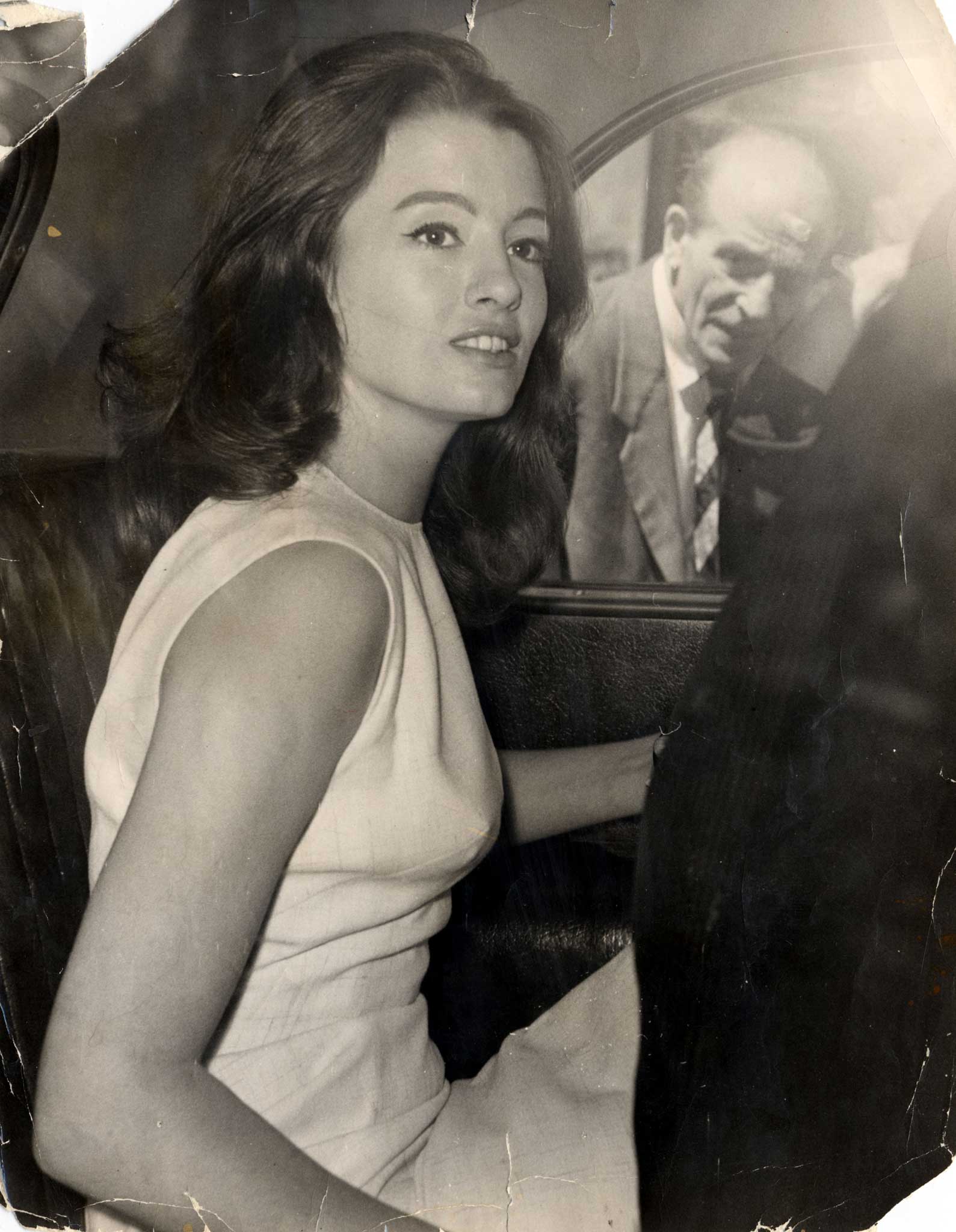Boyd Tonkin: Half a century after Profumo's fall, a different kind of deference still stifles us

Richard Davenport-Hines's mesmerising new book about the context, course and consequences of the 1963 Profumo affair offers the most bizzarrely skewed set of picture-captions that I have ever come across in a serious work of history.
A neutral shot of newspaper staff, who may well be subbing race results, abuses them as "Sub-editors toiling in a newsroom in 1953 to rake up scandals, publicise slurs and pillory the vulnerable". The younger chaps visible might still be with us. Should they complain? If so, remonstrate with Mr Rupert Murdoch - not only the ultimate publisher of Davenport-Hines via News Corp's HarperCollins firm, but the chief beneficiary, both unmentioned and unmentionable, of the entire sorry saga.
Get a discount on this book at the Independent online bookshop
History, especially history written with such partisan scorn, bite and fury, enlightens the present as it elucidates the past. And, in the wake of the Leveson report and its dilution of the evidence for Murdoch's wholesale corruption of British state institutions into a local breakdown of media ethics, it's impossible to read about the convulsive "modernisation crisis" of 1963 without heeding its legacy for today. Brilliantly researched, irresistibly readable, fiercely polemical, An English Affair (Harper Press, £20) ought to sit on the desk of everyone who voices a view on the entanglement of politics, media and celebrity.
Davenport-Hines's investigation into "sex, class and power in the age of Profumo" has extraordinary density and vigour. With a richly drawn cast-list of arrivistes, mountebanks and throwbacks, it waits until page 245 until it retells (while busting many myths) the headline events of the scandal that saw minister of war John Profumo resign after he lied to the Commons about his short affair with Christine Keeler in 1961. Yet Davenport-Hines writes not as a detached chronicler but an impassioned elegist for a kind of English governance - ironic, dignifed, discreet - embodied by his hero, and the chief political victim of the case: PM Harold Macmillan. Its principal human casualty was Stephen Ward, the society osteopath and "gifted, ingratiating outsider" who hosted Keeler and Profumo. Arraigned on phoney charges in an orgy of official spite, he killed himself as his Soviet-style trial ended.
For this book, the gates of hell opened in summer 1963. Through them surged a demon pack of scoffers, snoopers and cynics who "inaugurated the raucous period when authority figures were denied respect even when they deserved it". Yet the Profumo earthquake toppled an old Establishment only for another to take over. The new bosses enforced their own omertà, exacted deference, stifled dissent, suborned the state itself. The name of this system? Call it Murdoch.
The feverish emotional temperature of his book, with its band of besieged officers and gentlemen harried by the drooling rat-pack of depraved tabloid hacks, spivvy businessmen and leftist puritan creeps, may in part stem from cross-infection by the salacious and censorious prose of the papers it mines so well. More deeply, ambivalence overheats the style. Moving and eloquent in his exposure of the snobbery and bigotry of the dying elite, Davenport-Hines still harbours a lingering nostalgia for its twilight grace. Hence, perhaps, the volcanic rage of a narrative that seems to draw fuel from a molten inner core.
I devoured An English Affair at a hungry glutton's speed. So will many others. Those of us who believe the powerful need more scrutiny and accountability, not less, will bridle at its tolerance of cosy patrician insider-dealing and its disdain for sleuthing guttersnipes. Given my role, the author might echo the oft-misquoted words of Mandy Rice-Davies (the other, tougher "party girl") at Ward's trial: "Well, he would say that, wouldn't he?" In any case, I will say that no book about the British past this year will cast a fiercer light on the British present.
Shortlisted in London, winner in Hong Kong?
This year's Man Asian literary award in Hong Kong will stage a partial re-run of the 2012 Man Booker prize. Shortlisted for the $30,000 award - decided on 14 March - are two Booker finalists, The Garden of Evening Mists by Malaysian Tan Twan Eng and Necropolis by India's Jeet Thayil. Other contenders for the increasingly influential pan-Asian honour come from Turkey (Orhan Pamuk's Silent House), Japan (Hiromi Kawakami's The Briefcase) and Pakistan (Musharaff Ali Farooki's Between Clay and Dust).
Clear case of a terrified publisher
The preposterous notion that Britain suffers from too much rather than too little freedom of speech has hit the rock of reality again in the shape of Lawrence Wright's book about the Church of Scientology, Going Clear. Knopf in New York will next week issue the investigator's exploration of L Ron Hubbard's cult. Yet the firm's Random House UK stablemate, Transworld, has refused to publish Wright. The reason, of course, is that the British branch fears action by the litigious sect. London courts welcome libel tourism from global bullies with deep pockets thanks to the archaic and oppressive English law of defamation. With libel law stacked in favour of wealthy litigants (and often beyond the reach of genuine claimants), fear of its operation can chill free expression as much as any actual writ. But we do still have the right to order the US edition of the exposé online.
Join our commenting forum
Join thought-provoking conversations, follow other Independent readers and see their replies
Comments
Bookmark popover
Removed from bookmarks